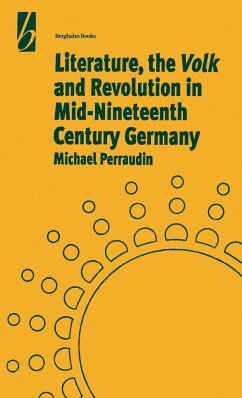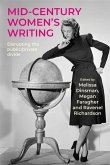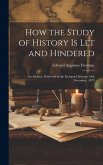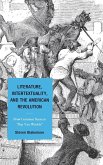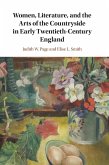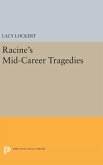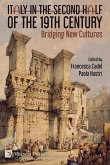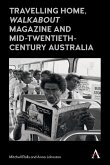Between the revolutions of 1830 and 1848, poverty reached new extremes in Germany, as in other European countries, and gave rise to a class of disaffected poor, leading to the widespread expectation of a social revolution. Whether welcomed or feared, it dominated private and public debate to a larger extent than is generally assumed as is shown in this study on the reflections in literature of what was called the "Social Question." Examining works by Heine, Eichendorff, Nestroy, Büchner, Grillparzer, and Theodor Storm, the author reveals an acute awareness of political issues in an era in literature which is often seen as tending to quiescence and withdrawal from public preoccupations.
Hinweis: Dieser Artikel kann nur an eine deutsche Lieferadresse ausgeliefert werden.
Hinweis: Dieser Artikel kann nur an eine deutsche Lieferadresse ausgeliefert werden.

